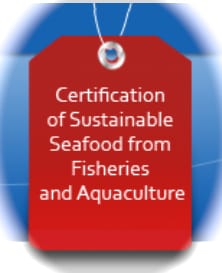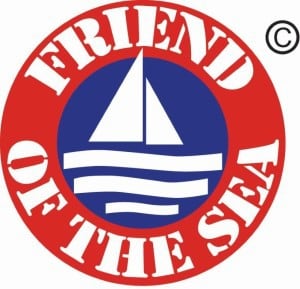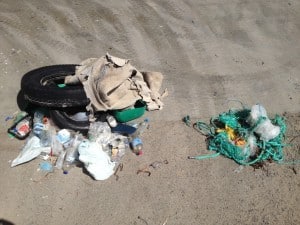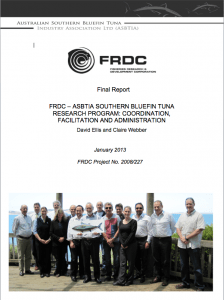Media Release – 16 December 2015

Friends of the Sea certified production system
The Australian Southern Bluefin Tuna (SBT) fishery and farms have achieved an important milestone by being awarded the international Sustainability Certificate of the “Friend of the Sea,” a non-profit NGO which is the world’s largest certifier of seafood.
The Friend of the Sea sustainability award is the only one which covers both the catching of the Bluefin from the wild and the value-added farming of the catch. It has high credibility and recognition in the key markets for Australian Bluefin.
The industry appreciates the support provided by the South Australian Government to achieve the landmark certification. The SA Government itself continuously audits the industry and those audit reports were important in the independent certification process.
A major strength of the Friend of the Sea certification is that it covers all parts of the Bluefin Chain of Custody. This includes the sustainability of the fishery, of the ecosystem (including any bycatch), of staff safety and labour conditions, carbon footprint of organisations, product testing and traceability, animal husbandry and welfare, vessel monitoring and waste management.
Friend of the Sea is an international certification program for products from sustainable fisheries and aquaculture. Over 500 companies in more than 50 countries have relied on Friend of the Sea to assess the sustainability of their seafood origins. Audits, based on best and most updated available scientific data, are run by accredited independent certification bodies. Email: info@friendofthesea.org or visit their website: www.friendofthesea.org.
Official Document: ASBTIA Media Release on Bluefin Sustainability Award – 16 December 2015
© = registered Trade Mark of Friend of the Sea


